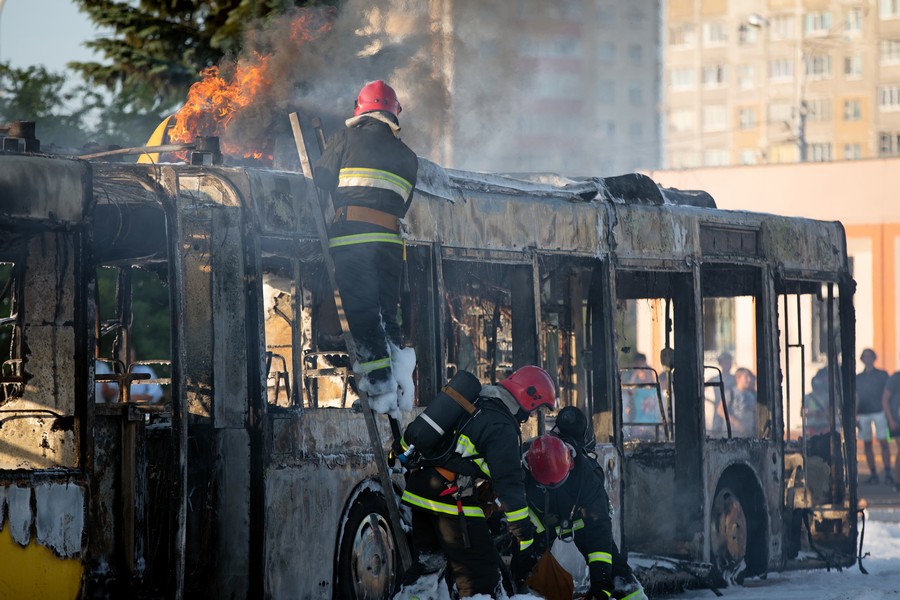While Israel focuses on completing phase one of the hostage deal and determining the fate of its next stage, the Arab world and Hamas are accelerating discussions on formulas that could lead to “the day after” – without renewed fighting and without implementing former President Donald Trump’s plan to relocate Gaza residents to other countries.
The flood of statements from Hamas spokespersons about the organization’s willingness to hand over civilian administration of the Gaza Strip to other entities is meant to provide Egypt and Qatar with the basic condition for advancing an initiative to replace ideas being discussed in Washington and Jerusalem. The “Arab Emergency Summit” that Egypt is expected to convene on March 4 regarding “the Palestinian issue” will provide the stage and diplomatic packaging for this initiative. Its supporters hope that putting it on the agenda will reduce diplomatic and public focus on the Trump plan – which since its presentation has shaken the Arab street and threatens, in their view, regional order.
Against the backdrop of efforts that will be made by the initiators to market the plan as a solution meeting all players’ needs and enabling progress toward former President Donald Trump’s broader vision of regional normalization, it’s worth paying attention to Hamas’ precise wording and identifying both what’s missing and the pitfalls within.
Hamas emphasizes that its position on Gaza’s future rests on two principles. First, Gaza’s governance is an internal Palestinian matter requiring “national consensus” – a code for involving the Palestinian Authority while allowing Hamas to set conditions and demands. The second principle – “armed resistance to Israeli occupation is a right of all Palestinian people across all Palestinian land, not just Hamas’ right” – means Hamas not only opposes demilitarization of Gaza’s military capabilities but seeks legitimacy for building and operating them in other areas as well.
In other words: There will be no demilitarization in Gaza or elsewhere. The likely response from the “mediators” will be demonstrating greater commitment on their part to preventing Hamas’ rearmament, quiet agreement to Israeli activity similar to what’s conducted in Judea and Samaria, and mechanisms allowing coordinated action to weaken Hamas. They will undoubtedly argue this requires a prolonged, multi-dimensional effort addressing the roots of hostility, requiring patience – better managed this way than being dragged toward adventurous directions relying on the false illusion of a quick fix.
Well, we’ve seen this movie before. A plan transferring civilian management from Hamas while leaving the terrorist organization as the central power in Gaza represents the “Hezbollahization” of Gaza. Under cover of the “Administrative Committee” (or whatever name is given to that governing body), Hamas will rebuild its military power in the Gaza Strip and pull strings behind the scenes in managing all its affairs. It can channel its freed-up energies toward increasing efforts in the West Bank and additional arenas. Arab and international involvement in implementing such an outline will only burden Israel and interfere with its ability to deal with Hamas’ moves.
Israel must clarify it won’t compromise on its demand for Gaza’s demilitarization in addition to – not instead of – toppling Hamas’ rule. The Israeli Defense Minister’s intention to establish an administration for voluntary emigration of Gaza residents and coordination of moves related to the Trump initiative is part of Israel’s response to the emerging initiative. This isn’t enough – it’s important to make clear Israel won’t agree to such ideas, so it’s better not to climb that tree.
Published in Israel Hayom, February 21, 2025.











